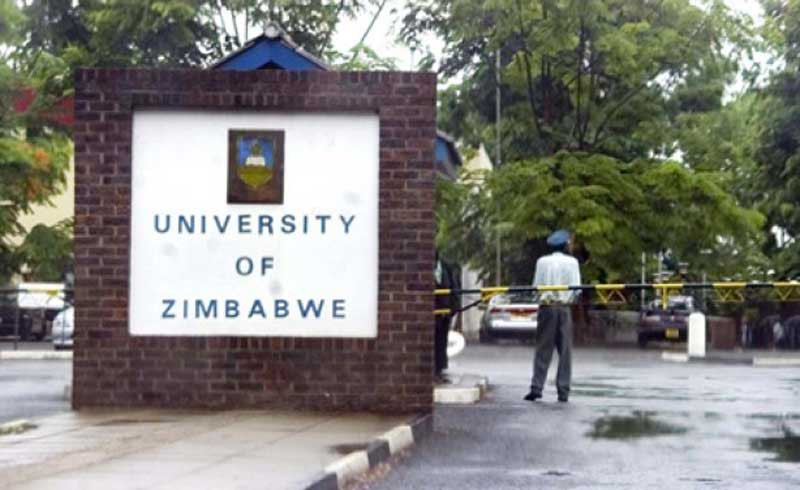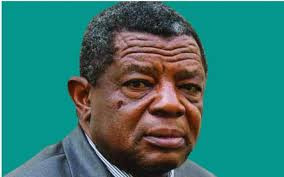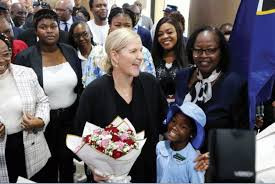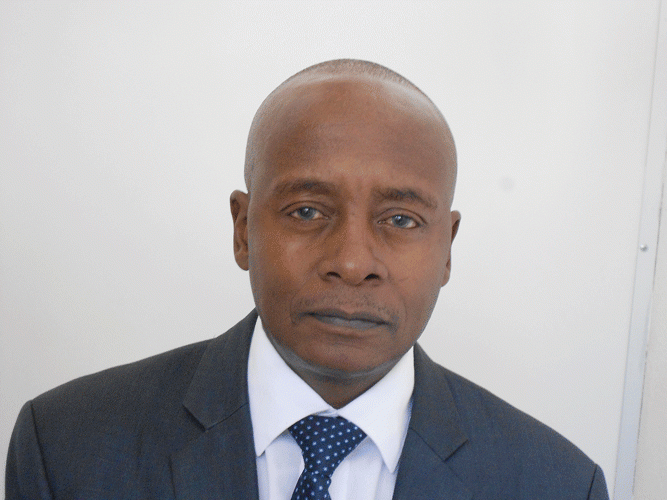
EXPERTS and scholars in African higher education say insufficient research and knowledge transfer, as well as economic inequalities are the major constraints in attaining higher education in Africa, resulting in most universities churning out unskilled graduates.
Speaking at the international conference on academic excellence for leadership, ahead of Africa University’s 30th anniversary in Mutare on Wednesday, president of the Association of African Universities, Professor Bakri Saeed, said access to higher education for the relevant age groups remained low at 5%.
Saeed said women were underrepresented in higher education, particularly in the science and technology fields.
“The current pattern of skills production in Africa does not match labour market demand or developmental needs. The recent trend in African higher education is the low percentage of graduates in areas of engineering, agriculture, health and science,” Saeed said.
“Lack of investment has meant that higher education institutions of Africa are currently not capable of responding to the immediate skills needs or supporting sustained productivity-led growth in the medium term.”
Statistics reveal that the average percentage of staff with PhDs in public higher education institutions in Africa is less than 20%.
Saeed said African higher education faced hurdles that include poor incentives for lecturers and strikes by students who demand better resources and administrative leadership.
He said underdevelopment problems continued to dog African countries despite universities having been viewed as principal instruments of national development through production of human capital.
- Addressing unfair trade key to transforming African food systems
- Urgent economic structural transformation necessary
- Residents finger ZETDC employees in cables theft
- New perspectives: Building capacity of agricultural players in Zim
Keep Reading
“Post-colonial administrations looked for education, specially, higher education to help them catch up with the developed world and respond to the high expectations of their populations.”
He said the impact of universities in solving problems had largely been disappointing and minimal.
“African universities of the future need to be more technology-oriented. The job market must evolve to drive demand for skills. This requires improved management, governance, university-industry links and exchanges with more advanced countries, as well as increased student and staff mobility for enhanced knowledge sharing.”
Saeed said universities and colleges needed to reinvent themselves quickly or risk alienate a generation of students seeking different options as technology has improved globally.
Africa University’s fifth vice-chancellor Peter Mageto will be inaugurated at the conference.
Africa University was officially opened in 1991 and boasts a number of students from across the continent and beyond.
Follow us on Twitter @NewsDayZimbabwe











